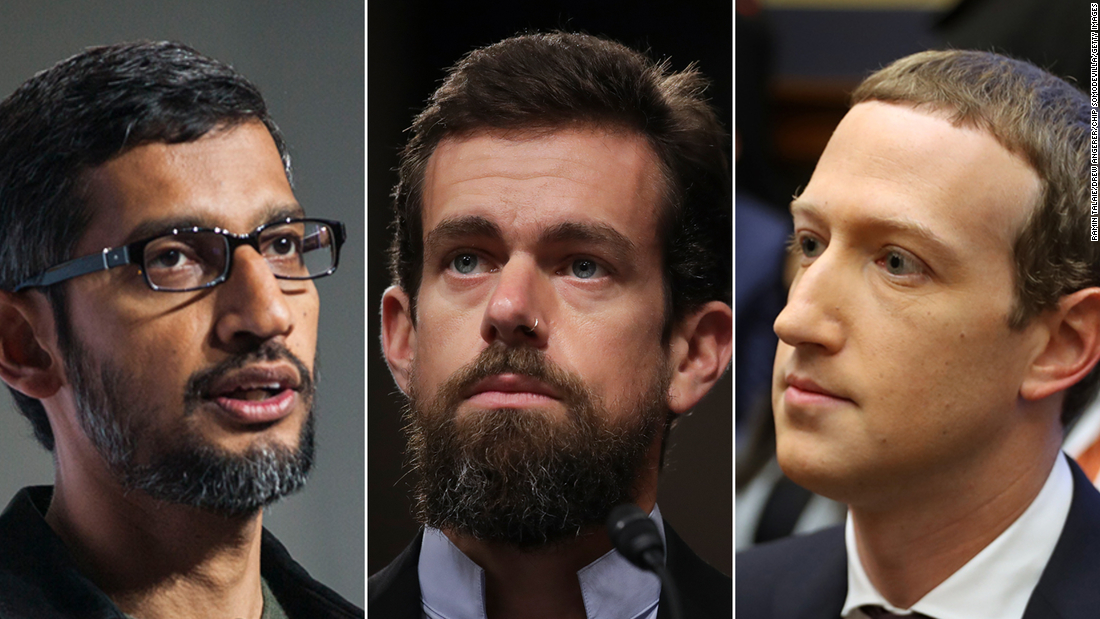
The technology platforms, already under severe pressure to reduce disinformation and foreign interference in the run-up to the 2020 elections, received closer scrutiny in the months that followed. Even as some companies took new steps to tackle election conspiracy theories, it wasn’t enough to stop hardline supporters of President Donald Trump from storming the US Capitol.
The hearing also marks the first time the CEOs have been back for Congress since Trump was banned or suspended from their respective platforms following the Capitol riots. In their prepared comments, some of the leaders address the events of January 6 directly.
“The attack on the Capitol was a horrific attack on our values and our democracy, and Facebook is committed to helping law enforcement bring the insurgents to justice,” Zuckerberg testified. But Zuckerberg also adds, “We do more to address disinformation than any other company.”
The hearings coincide with legislation being actively considered in both the House and Senate to keep the tech industry in check. Some accounts focus on corporate economic dominance and alleged anti-competitive practices. Others focus on the platforms’ approach to content moderation or data privacy. The various proposals could introduce harsh new requirements for technology platforms, or expose them to greater legal liability in ways that could reshape the industry.
For the hotseat executives, Thursday’s session could also be their last chance to personally take a case to lawmakers before Congress decides to make potentially sweeping changes to federal law.
At the heart of the upcoming policy battle is Section 230 of the Communications Act of 1934, the signature liability shield that grants websites legal immunity from much of the content posted by their users. Members of both parties have called for updates to the law, which has been widely interpreted by the courts and credited with the development of the open Internet.
The CEOs’ written testimony ahead of Thursday’s high-profile hearing outlines areas of potential clashes with lawmakers and provides hints as to areas where the companies want to work with Congress – and areas where Big Tech is likely to cut back.
But those claims about progress are unlikely to soothe committee members, whose memo quoted several research papers indicating that disinformation and extremism are still rampant on the platforms.